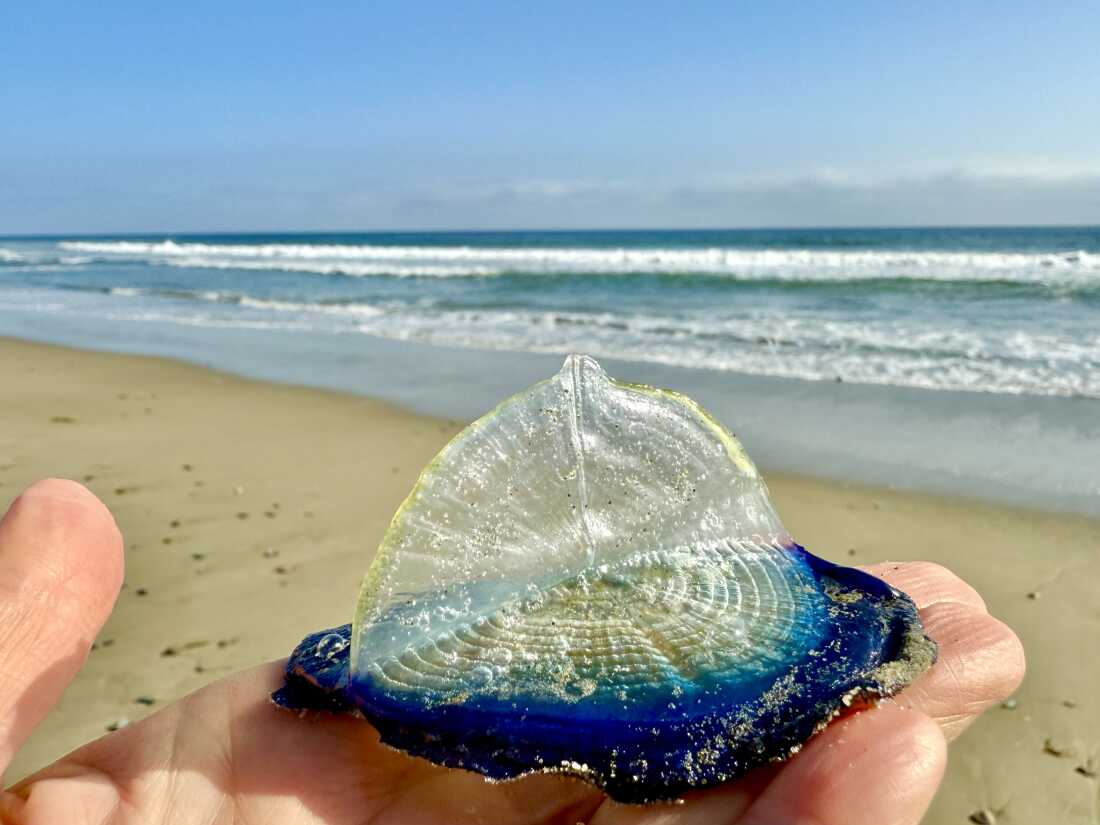Executive Summary
- Increasing Klotho protein levels in mice extended lifespan by 15-20% and improved physical and cognitive health.
- Gene therapy delivered via modified virus was used to boost Klotho production in mice cells, yielding positive outcomes in muscle, bone, and brain health.
- Researchers are exploring methods for delivering Klotho protein to humans, either through viral vectors or direct drug administration, to promote healthy aging.
Event Overview
A new study demonstrates the potential of Klotho protein in slowing down aging and improving health. Conducted on mice, the research showed that increasing Klotho levels led to significant improvements in muscle strength, bone density, cognitive function, and lifespan. The treatment involved gene therapy using viral vectors to stimulate cells to produce more Klotho. These findings offer a promising avenue for developing therapies to enhance healthy aging in humans.
Media Coverage Comparison
| Source | Key Angle / Focus | Unique Details Mentioned | Tone |
|---|---|---|---|
| Neuroscience News | Focuses on the broad health benefits of increased Klotho protein, including longevity, muscle strength, bone density, and cognitive function improvements. | Mentions the research team, Professor Miguel Chillón, ICREA researcher at the INc-UAB, and Joan Roig-Soriano, INc-UAB researcher and first author. Mentions previous patent for Klotho use in treating cognitive deficits and three new patents filed. | Informative and optimistic, highlighting the potential of Klotho protein for future therapies. |
| Daily Mail Online | Emphasizes the potential for extending human lifespan and 'de-aging' the brain using Klotho-based treatments. | Reports the scientists estimate the lifespan extension to be equivalent to adding 16 years to an 80-year-old human's life. Notes that female mice did not see the same lifespan extension, but developed stronger bones. Mentions previous research showing Klotho can improve brain function in old primates and 'de-age' the brains of mice by decades. | Sensationalized and attention-grabbing, framing the research as a potential 'fountain of youth'. |
Key Details & Data Points
- What: Researchers increased levels of Klotho protein in mice through gene therapy, resulting in improved muscle, bone, and cognitive health, and extended lifespan.
- Who: Led by Professor Miguel Chillón, ICREA researcher at the INc-UAB, and involving Joan Roig-Soriano, INc-UAB researcher, with research conducted at the University of Barcelona.
- When: The study was published on May 8, 2025. The mice were treated at young ages, and results were assessed at 24 months, equivalent to 70 years in humans.
- Where: The research was conducted by scientists at the University of Barcelona.
Key Statistics:
- Key statistic 1: 15-20% (lifespan increase in mice treated with Klotho protein)
- Key statistic 2: 16 years (estimated equivalent lifespan extension in humans)
- Key statistic 3: 31.5 months (average lifespan of male mice injected at 12 months, the longest-lived group)
Analysis & Context
The research suggests that Klotho protein has significant potential in slowing aging and improving health. Both sources converge on the positive impacts on muscle, bone, and cognitive function in mice. The Daily Mail extrapolates the lifespan extension to humans, estimating a potential 16-year increase, which is a more sensationalized interpretation. Potential limitations include translating results from mice to humans and the small sample sizes used for tissue analysis, as noted by the Daily Mail. Further research is needed to develop safe and effective Klotho-based therapies for humans.
Notable Quotes
We have been working with the Klotho protein for some time, due to its therapeutic potential for treating neurodegenerative diseases. In this study, we wanted to see whether s-KL could also be beneficial for healthy aging by examining a broad range of factors.
We now have viral vectors that can reach the brain after being administered intravenously, which would make it easier to safely transfer this therapy to humans. Another option would be to administer the protein directly as a drug instead of using viral vectors, but we still need to find an efficient way to deliver it and ensure it reaches the target organs.
Conclusion
The study provides compelling evidence for the anti-aging potential of Klotho protein. While the results are promising, further research is essential to develop safe and effective Klotho-based treatments for humans. The scientific community is actively exploring viable delivery methods, and future studies will likely focus on human trials to validate these findings and potentially revolutionize the approach to healthy aging.
Disclaimer: This article was generated by an AI system that synthesizes information from multiple news sources. While efforts are made to ensure accuracy and objectivity, reporting nuances, potential biases, or errors from original sources may be reflected. The information presented here is for informational purposes and should be verified with primary sources, especially for critical decisions.









